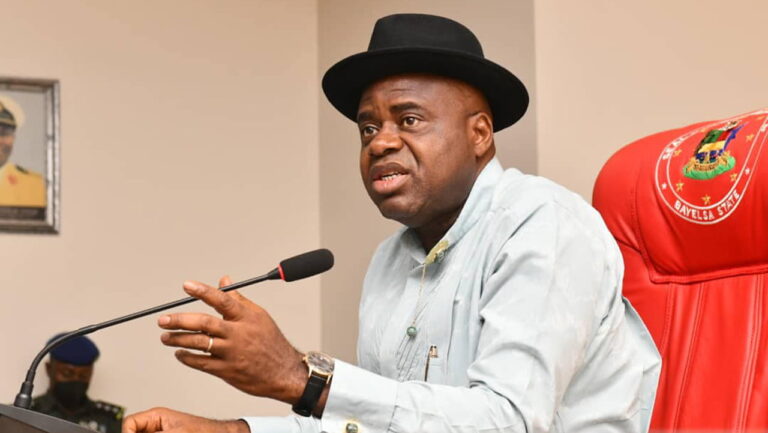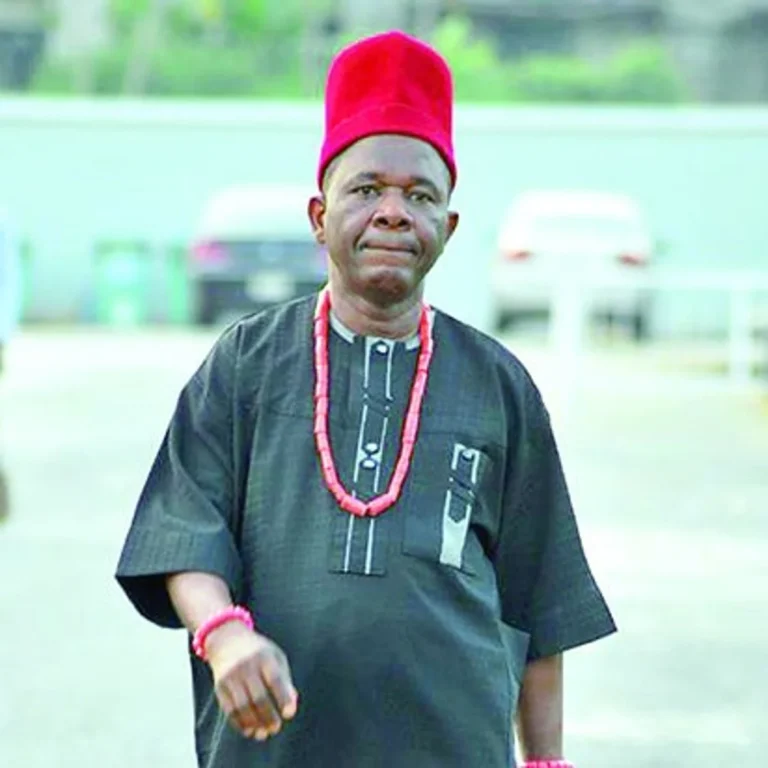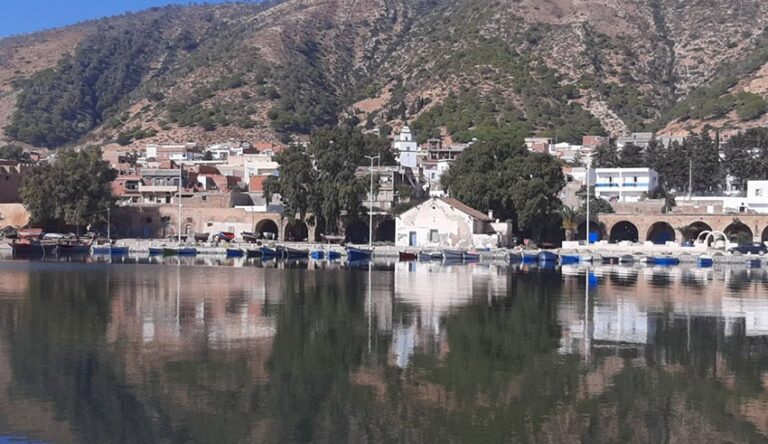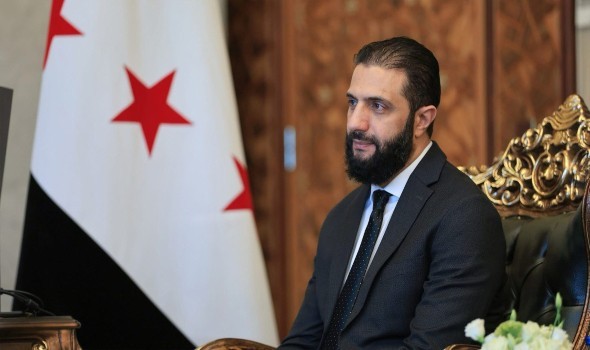
Hugo Broos’ belief, Oswin Appollis’ brilliance, and a little Nigerian magic combined for a night of redemption in Mbombela, turning heartbreak and chaos into hope and jubilation. Bafana Bafana are going to the 2026 FIFA World Cup, writes Tashreeq Vardien.
“And maybe with a little miracle on Tuesday, we can still qualify.”
Those were the words of Hugo Broos – ever calm, measured, but filled with an unmistakable flicker of belief – as he faced the media after Bafana Bafana’s goalless draw against Zimbabwe in Durban.
His expression that evening told a thousand stories. For all the frustration, there was still hope, the kind of hope that only football can stir, the kind that refuses to die even when logic says it should.
It has been four years and a few months since Broos took over a side that had long lost its spark.
The 73-year-old Belgian arrived as an outsider and scepticism thick in the air. Yet, game by game, he reshaped the face of South Africa’s senior men’s national team.
READ | Feel it, it is here! Bafana back at FIFA World Cup for first time since 2010
He turned doubt into belief. From the ashes of inconsistency, he built a team of fight, structure and identity.
That transformation was on full display at last year’s Africa Cup of Nations, where Bafana Bafana finished third – it was their best performance in nearly a quarter of a century.
Since then, the team has drawn crowds, noise and pride wherever they’ve played across the nation.
On Tuesday, the biggest test of all came.
Heading into matchday 10 – the final act of a gruelling two-year qualifying campaign – Group C stood on a knife edge: three nations, one golden ticket to the 2026 FIFA World Cup in the United States, Mexico, and Canada.
South Africa, Nigeria and Benin all still harboured dreams. But for Bafana, those dreams had been clouded by chaos.
The now-infamous Mokoena-gate saga – where FIFA docked them three crucial points for fielding an ineligible player – struck a cruel blow just weeks before the decisive matches.
Broos’ men, who had done everything right up until then, were forced into a battle of mathematics and miracles.
When they hosted Zimbabwe in Durban, they dominated possession, carved out chances, but they just could not break through.
The Warriors lived up to their name, defending with pride and holding Bafana to a frustrating stalemate.
As the final whistle blew, calculators came out and hope seemed to fade.
Broos never stopped believing.
As the final round approached, Bafana’s path was crystal clear – and brutally steep. They needed to beat Rwanda by at least three goals to stand a chance, and they prayed that Nigeria would do them a favour by defeating or drawing with Benin.
And other setbacks piled on. Defender Mbekezeli Mbokazi was suspended after his red card against Zimbabwe, while star striker Lyle Foster suffered an injury.
Broos had to improvise, sending an SOS to Stellenbosch FC for Thabo Moloisane and Ashley Cupido as last-minute reinforcements drafted into the squad just days before the decisive clash.
When the line-ups dropped on Tuesday evening, neither made the starting XI. Broos made four changes: Khulumani Ndamane stepped in for Mbokazi, Thalenthe Mbatha replaced Sphephelo Sithole, Thapelo Morena started ahead of Mohau Nkota, and Evidence Makgopa led the line for the injured Foster.
As the sun dipped behind the Mbombela Stadium, a sense of nervous anticipation filled the air.
The stadium was still half-empty when kick-off neared – a typically slow South African build-up – but the energy was undeniable. Phones buzzed as fans tracked Nigeria’s clash with Benin, which kicked off simultaneously in Uyo.
Then, within three minutes, the news broke. Victor Osimhen had scored for Nigeria. The miracle that Broos had prayed for had begun to flicker into life.
But moments later, at the southern tip of Africa, Mbombela erupted. In just the fifth minute, Oswin Appollis – all flair and fearlessness – danced past his marker and teed up Thalenthe Mbatha.
The Orlando Pirates midfielder unleashed a rocket from the edge of the box, and Kaizer Chiefs goalkeeper Fiacre Ntwari could only parry it into his own net.
Bafana smelled blood. They pressed, they harried, they played with purpose. And twenty minutes later, Mbatha turned provider. His deft pass found Appollis, who cut inside onto his right foot and curled an exquisite shot into the top corner.
Two-nil. A goal of pure artistry.
At that very moment, Osimhen struck again in Uyo – Nigeria 2–0 Benin.
The stars, for once, had aligned for South Africa.
By half-time, Bafana were 45 minutes away from the promised land – their first World Cup since 2010, and their first qualification on merit since 2002.
Then, six minutes into the second half in the other match, Osimhen completed his hat-trick for Nigeria, and the belief in Mbombela turned into song.
The crowd, now almost at full capacity, was in full voice as Bafana pushed for a third.
It came midway through the half. A teasing cross was whipped into the box, and Makgopa rose highest, his header thundering into the net.
Three-nil. The job was done.
Nigeria added a fourth through Frank Onyeka to extinguish Benin’s hopes entirely, sealing Bafana’s fate in glory.
When the final whistle blew in Mbombela, euphoria erupted. The players danced, the fans sang, and for once, the tears that flowed were of joy, not pain.
There was a beautiful irony to it all.
Fourteen years ago, on this very pitch, Bafana had danced in shame – celebrating qualification for the 2012 Africa Cup of Nations, only to later realise they had misread the rules. It was one of the lowest moments in their modern history.
But on this night, under the same floodlights, redemption arrived. The ghosts of Mbombela were exorcised.
Broos was embraced by his technical team, including Vincent Tseka, Bafana’s team manager, who did not pick up on the Mokoena-gate error. That did not matter now.
This was the culmination of a long journey – from scepticism to belief, from heartbreak to hope.
After heartbreaks in 1994, 2006, 2014, 2018 and 2022 World Cup qualifying campaigns, South Africa are heading back to the biggest stage of all.
Their fourth World Cup appearance – their first earned through qualification in over two decades.
The miracle Broos spoke of had finally come true. And when June 2026 arrives, Bafana Bafana will once again take their place among football’s elite – not by chance, not by favour, but by faith, resilience, and redemption.










